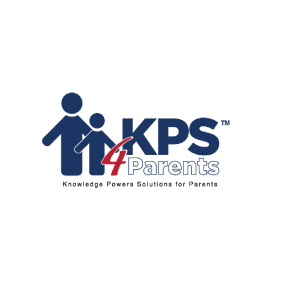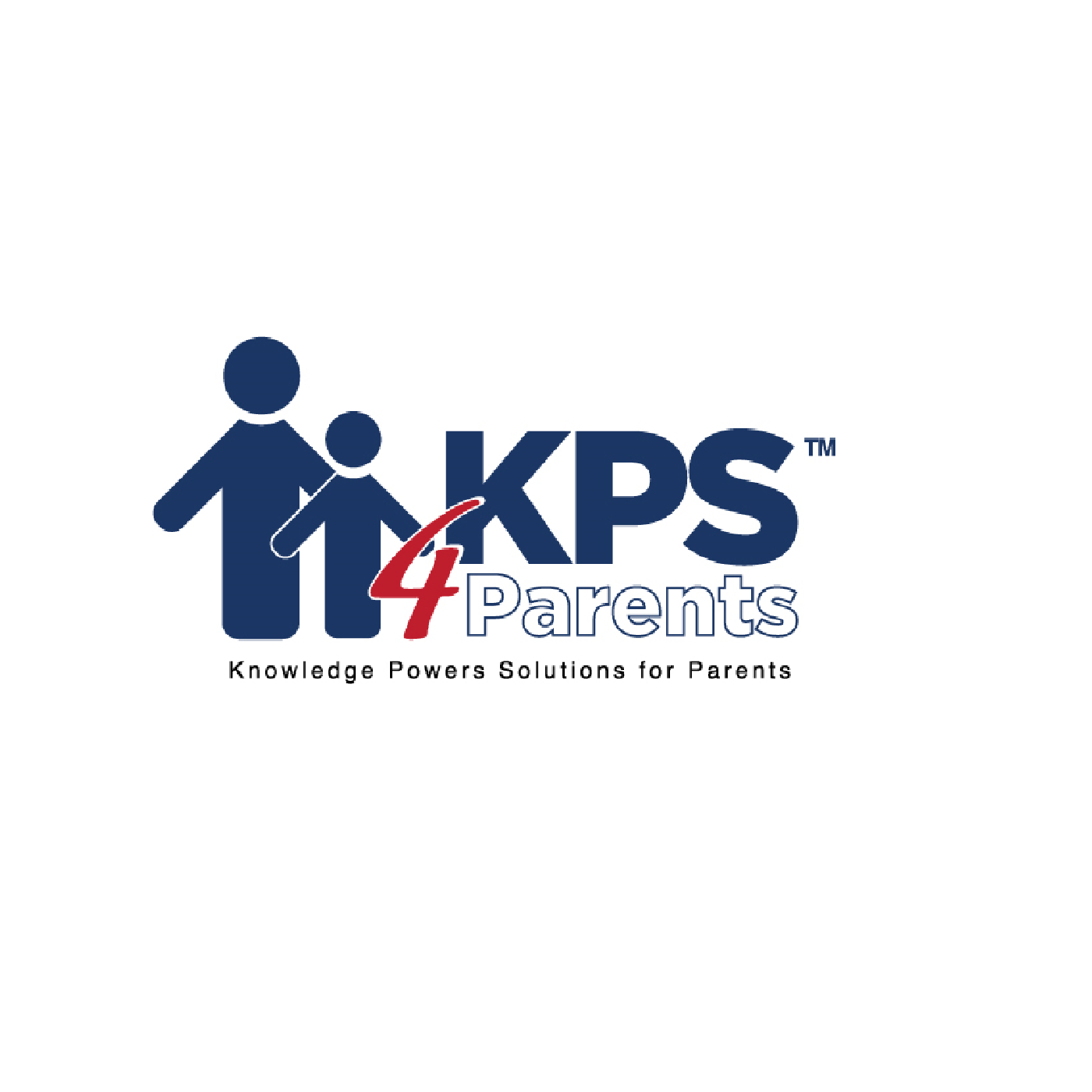Episodes

Thursday Oct 31, 2024
Using AI-Generated Music to Teach Social Scripts
Thursday Oct 31, 2024
Thursday Oct 31, 2024
I have to say from the start that this is not a paid endorsement, and endorsing specific products is not something I normally do, but I've discovered a tool that has been a game-changer for how I work with one of my direct services clients as his counselor. That solution is using AI to create songs that are individualized to a specific person with lyrics based on therapeutically appropriate social scripts tailored to the person.
I discovered this solution in the course of looking for ways to embed peer-reviewed music therapy elements into my counseling sessions with this client because he is highly responsive to music, and seems to remember lyrics set to music better than spoken words. Given that he's lost his eyesight, we've got to rely on his other senses.
I was looking for an easy way to generate songs he would take seriously as legitimate musical productions that contained the social scripts, such as "safe hands," "inside voice," and "be patient," with which he was already familiar in order to expand his understanding and application of these concepts in his day-to-day life. I'm still shocked at how easy it was with the AI.
These individualized songs are also serving as a stepping-off point to teach my client new, more sophisticated social/emotional skills and scripts, going forward, once he's incorporated them into his music listening routines and we work with them in our sessions. As time goes on, I'll be adding new songs that tackle more sophisticated concerns than those that I've initially created to get him started.
My counseling client is in his late 20s and lives in a group home with 2 other men who have developmental disabilities. My client is blind, autistic, and intellectually disabled. He struggles to produce spontaneous speech and relies largely on scripted speech to communicate verbally with others.
Since 2010, I've been this young man's lay advocate, his attorney's paralegal, his compensatory education services provider. He and I have gotten to know each other well and have instant rapport with each other, even after not seeing each other in person for a couple of years.
Given the friendship and rapport I share with my client, I guess I shouldn't have been as surprised as I was at how quickly he took to the songs I created for him using AI, but I was actually flabbergasted. It was during my last session with him, in which I was collecting the last of the baseline data I needed to inform my program goals for him over the next 10 months, when I introduced the songs to him.
The moment I started playing the songs, the stimming decreased to nearly none and he sat listening, turning his head so his ears faced the music, and orienting to me as if looking me in the face to repeat familiar scripts he was hearing in the lyrics with a grin on his face. He was fully engaged and it took next to no effort from me. I was floored. I was sure that I was going to have to work to sell him on the idea, but he took to it like a fish to water.
This has left me inspired, because I know he can't be the only one who would benefit from this. I was in an online IEP meeting for one of my other students a few days ago, and mentioned this experience to the other professionals who were already logged into the meeting, while we were waiting for the parent and a few other professionals to log in. When I told my colleagues about what I'd done using the AI with social scripts to create highly individualized music for therapeutic purposes, they got all excited about it.
So, based on the feedback I've gotten so far, I'm stopping what I'm doing right now to bust out this short post/podcast to share this information with anyone else who might benefit from it so that I can let it go and move on with the rest of my day. This is going to keep bugging me until I share it, and it's preventing me from finishing anything else until it's off my plate. Call me perseverative if you want; it is what it is. Thankfully, this can be fairly brief.
The music-generating AI website I stumbled upon after 30 whole seconds of Googling is MakeBestMusic (https://makebestmusic.com/app/create-music). Again, this is not a paid endorsement.
I didn't compare this AI against any other. It was the first one I tried and it instantly gave me what I was looking for in just the free demo. I copied and pasted the list of social scripts that I wanted incorporated into a song, selected some genre-specific tags, and hit the "go" button, then a minute or so later, I had two new songs using the words I'd provided as lyrics and one of them was absolutely perfect. I repeated the process for three more sets of social scripts and ended up with a total of four songs.
For the sake of illustrating my point, I'm playing one of them, titled "Ask for Help," here: [listen in podcast]
Listen to the lyrics and you'll hear that they are clearly about social behaviors, but it's sounds like a real song and not lame like something I'd make up if I had to do it myself. The robots do it better than me, and for these limited purposes, that's okay.
I'm not trying to earn an award for high quality music. I'm trying to teach my client how to act right around other people and still live a happy life for himself. For those of us who could never afford to outsource this kind of work to a professional songwriter, AI is a sufficient tool for this type of job.
Given that a less than professional job can serve a valid therapeutic purpose using AI at a much lower cost, using AI-generated music to embed music therapy elements into a program of social/emotional counseling with individuals who have developmental disabilities can be an affordable and powerful tool in a counselor's arsenal of solutions. I encourage my colleagues who work with individuals with needs similar to those of my counseling client to play around with this type of technology and see what kinds of solutions you can create.
If you're the parent, you probably have even more ideas about how you could use this around your home with your own family members. Seriously think about setting the step-by-step instructions on how to perform certain chores to music to play when you have your kids helping you around the house. Once the song gets stuck in their heads, so are the instructions on how to perform those chores.
I think AI-generated music holds a lot of currently untapped potential for parenting, teaching, and therapeutic interventions, and I'm curious to see how other people use it in these kinds of ways as time goes on. What instructional, parental, and/or therapeutic outcomes can you pursue using AI-generated music?



No comments yet. Be the first to say something!